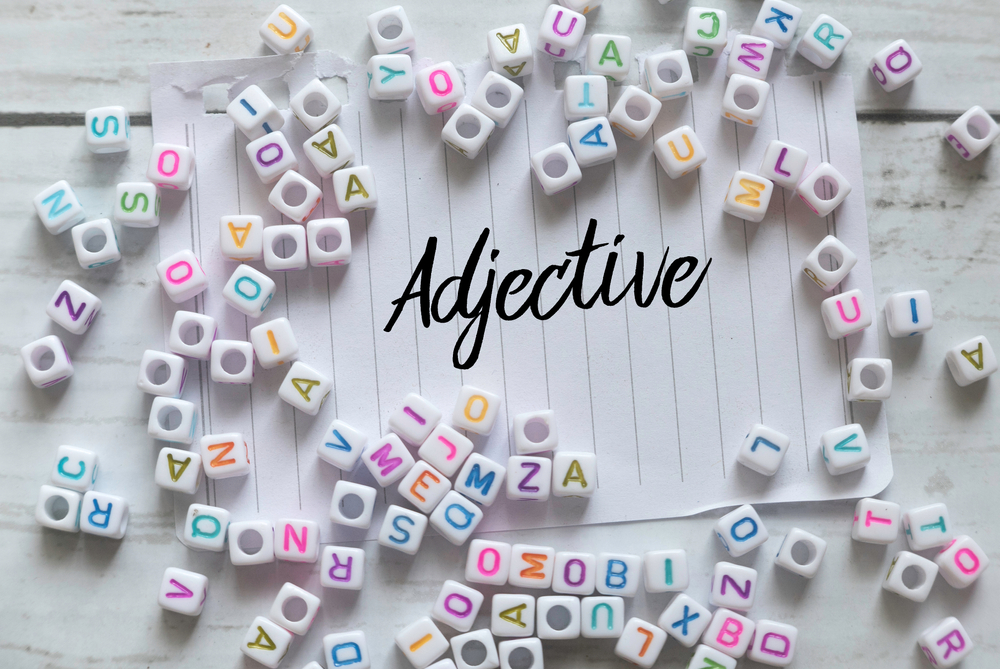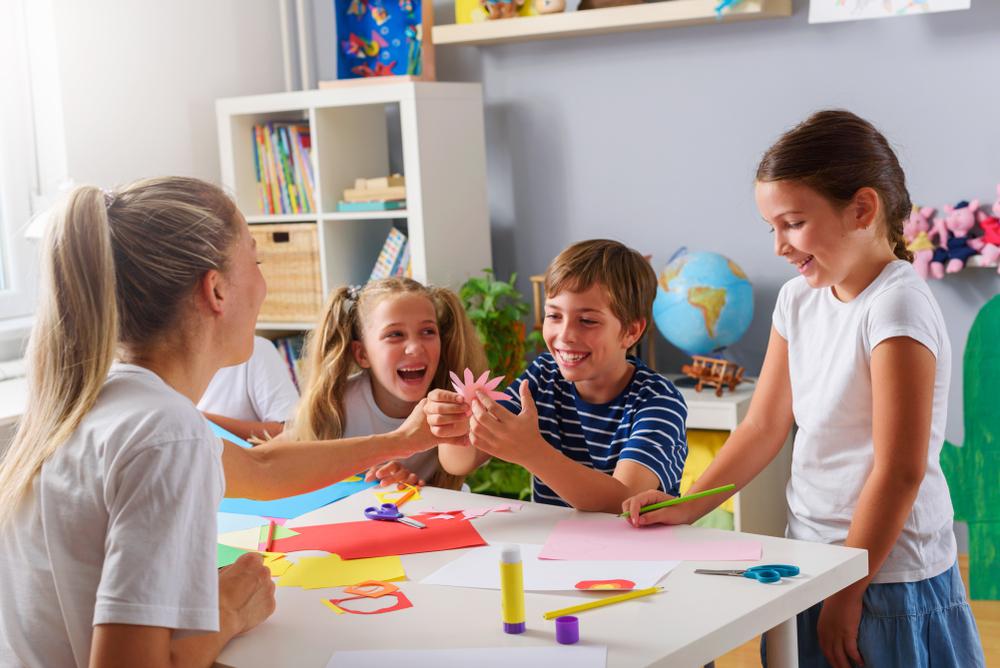Fine Motor Skills Normal Reading Worksheets for 7-Year-Olds
10 filtered results
-
From - To
Our "Fine Motor Skills Normal Reading Worksheets for 7-Year-Olds" are expertly crafted to enhance both reading ability and fine motor development. These engaging, age-appropriate worksheets seamlessly blend literacy activities with tasks that strengthen hand-eye coordination and precision. Through tracing, writing, and illustrative exercises, children not only improve their reading comprehension but also boost their dexterity. Perfect for classroom use or additional home practice, these worksheets support key developmental milestones, ensuring your child excels academically and physically. Set your 7-year-old on a path to success with tools designed for balanced, fun, and effective learning. Explore now!


Fish Worksheet


Twinkle Twinkle Little Star Coloring Page


Long and Short U Worksheet
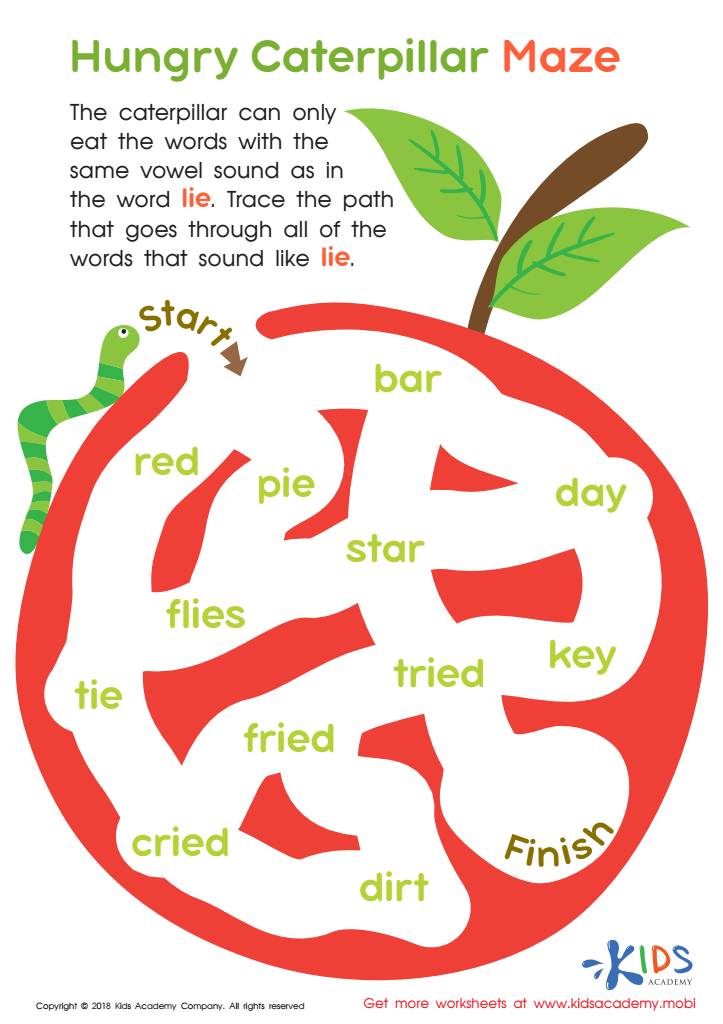

Hungry Caterpillar Maze Worksheet
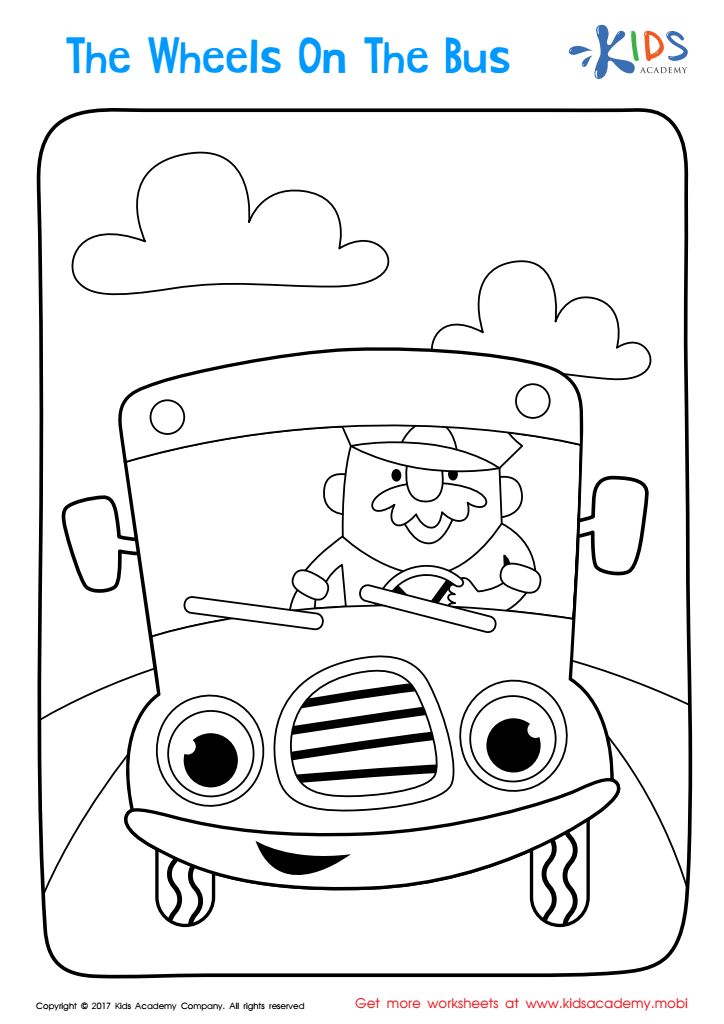

The Wheels on the Bus Coloring Page
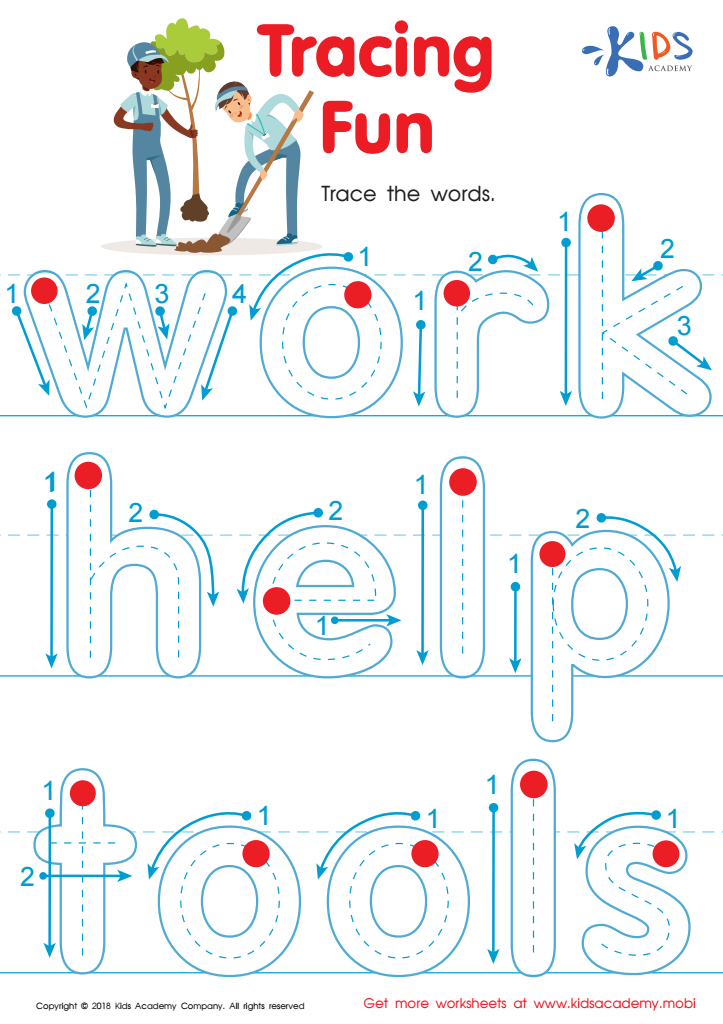

Tracing Fun Worksheet
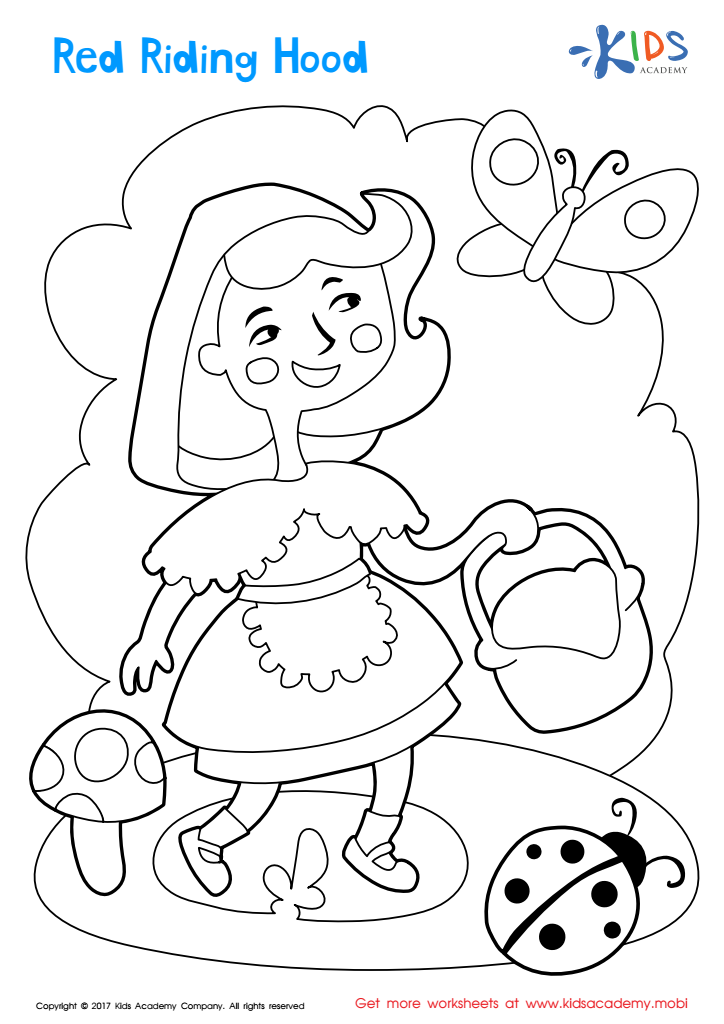

Red Riding Hood Coloring Page
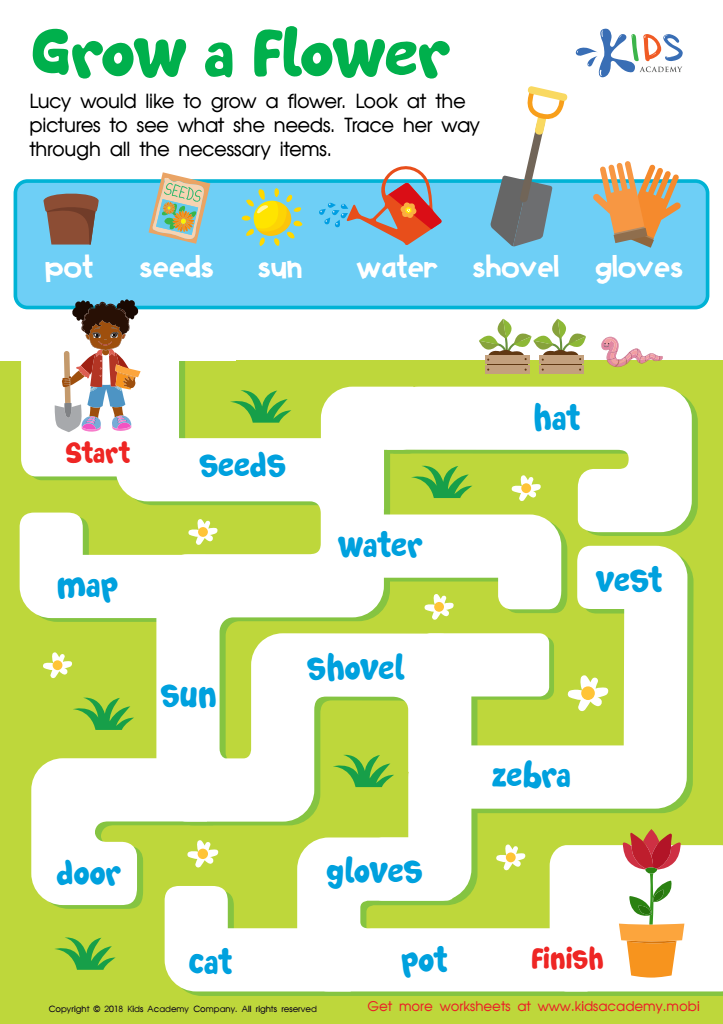

Grow a Flower Worksheet
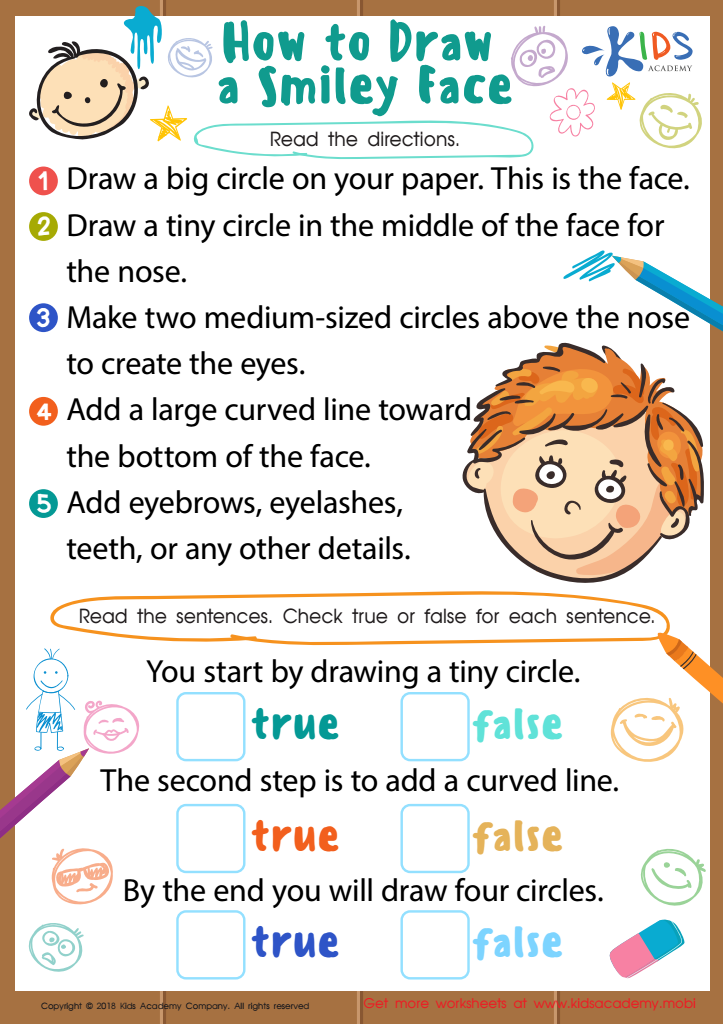

How to Draw a Smiley Face Worksheet
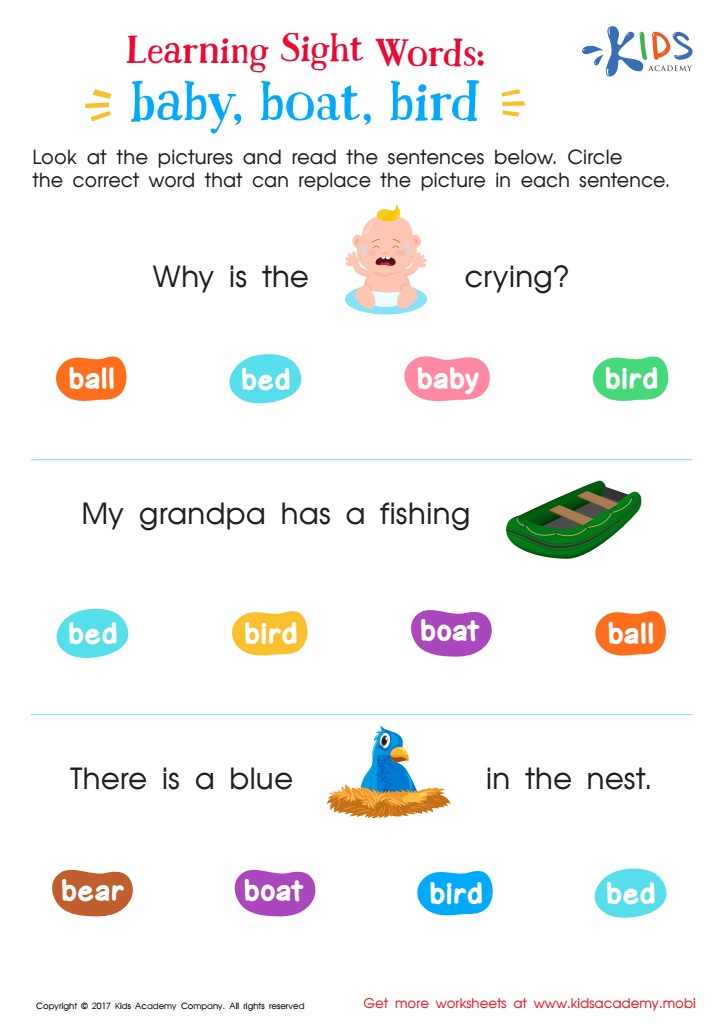

Baby, Boat, Bird Worksheet Sight Words Worksheet
Fine motor skills and normal reading development are essential areas of focus for the educational and overall development of 7-year-olds. Parents and teachers need to pay attention to these skills because they have a substantial impact on a child's academic performance, self-esteem, and future learning abilities.
Fine motor skills include the coordination of small muscles in the hands and fingers, allowing children to perform precise tasks such as writing, cutting with scissors, and manipulating small objects. Proficient fine motor skills directly affect a child's ability to write legibly and efficiently, which is crucial as writing becomes a critical method of communication and learning in school.
Reading at a normal, developmentally appropriate level is equally important. At the age of seven, children typically transition from learning to read to reading to learn. This foundational skill impacts all areas of education, influencing their comprehension in subjects like math, science, and social studies. Reading proficiency also enriches vocabulary, enhances imagination, and improves critical thinking skills.
Neglecting these developmental areas can lead to frustration, hinder academic progress, and diminish self-confidence. Early intervention and support to develop fine motor skills and reading proficiency ensure that children are prepared for future academic challenges, promoting a lifelong love of learning and boosting their confidence and independence in performing daily tasks.
 Assign to My Students
Assign to My Students








